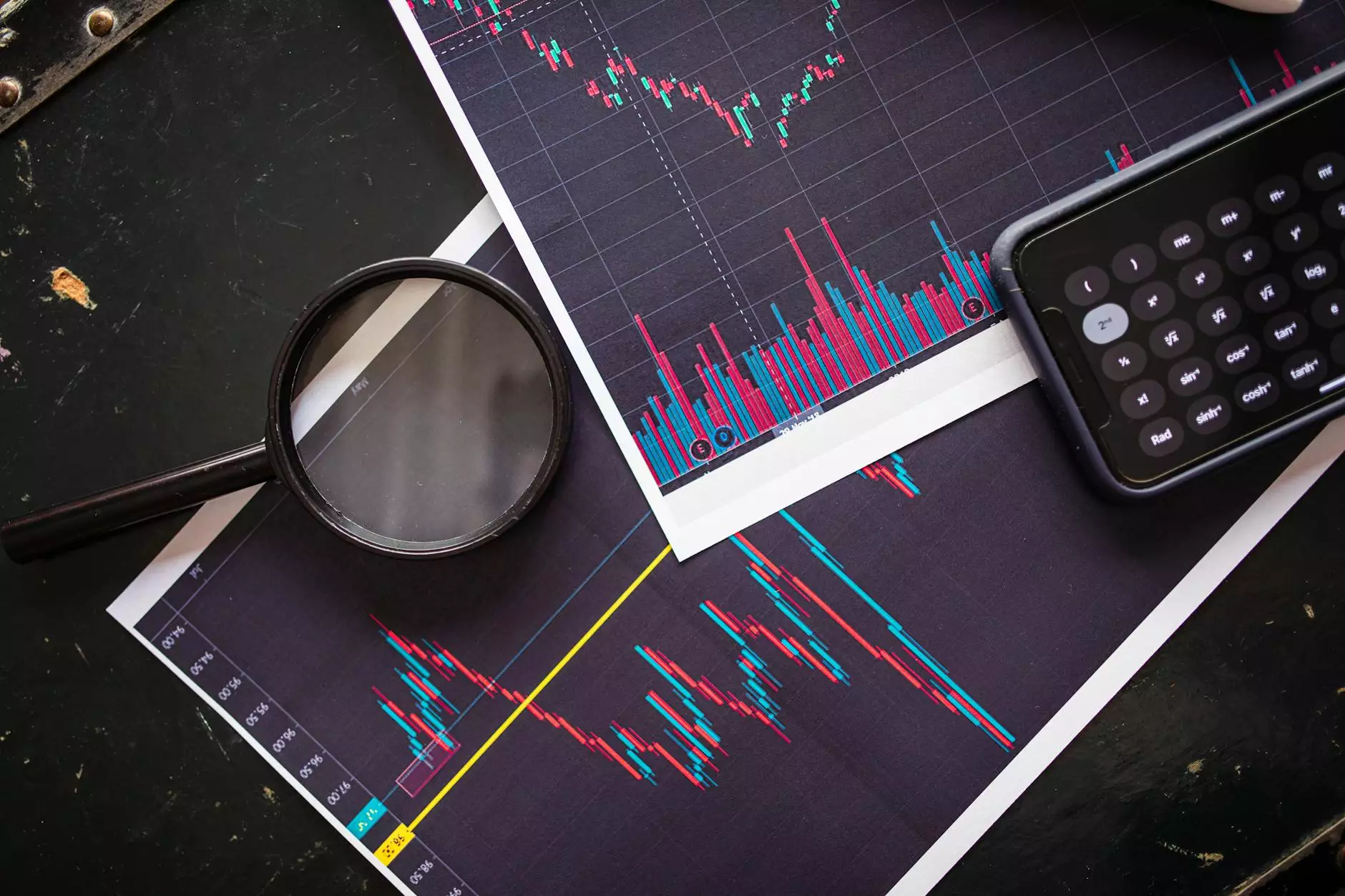Understanding Prop Trading: A Comprehensive Guide for Success

Introduction to Prop Trading
Prop trading, short for proprietary trading, is a fascinating branch of finance that has garnered significant interest in recent years. In essence, it involves a company trading its own capital, rather than trading client funds. This model allows firms to engage in a variety of trading strategies, often leading to higher potential profits.
The Landscape of Financial Services
Within the vast domain of financial services, prop trading stands out due to its unique operational model. Unlike traditional trading companies that primarily execute trades on behalf of clients, prop trading firms use their own resources and strategies to generate profit. This results in a more agile, highly adaptive trading environment.
The Benefits of Prop Trading
Engaging in prop trading offers several distinct advantages:
- Higher Profit Potential: Since prop traders use the firm’s capital, successful trades can lead to substantial profits.
- Risk Management Strategies: Prop trading firms often implement advanced risk management techniques that individual traders may not have access to.
- Access to Resources: Traders benefit from the latest market research, trading technologies, and analytical tools funded by the firm.
- Enhanced Learning Opportunities: Being part of a prop trading firm allows traders to learn from experienced peers and mentors.
Strategies in Prop Trading
Success in prop trading is not just about luck; it involves employing well-researched strategies. Here are some common approaches:
1. Arbitrage Trading
Arbitrage takes advantage of price discrepancies between markets. Prop traders buy in one market and sell in another to capitalize on variations. This requires speed and sophisticated trading systems to execute trades efficiently.
2. Algorithmic Trading
Using complex algorithms, traders automate their trading strategies to execute orders at optimal times. This method can increase trading efficiency and reduce human errors.
3. Market Making
Market makers provide liquidity by continuously buying and selling securities. They profit from the spread between buy and sell prices while ensuring that markets remain active.
4. Trend Following
This strategy involves identifying and following market trends. Traders analyze price movements and decide on actions based on established trends, which can lead to significant returns if timed correctly.
Prop Trading and Technology
In today’s digital age, the integration of technology in prop trading is crucial. Advanced trading platforms and software enable traders to perform complex analyses, conduct high-frequency trading, and optimize their strategies. The use of Artificial Intelligence (AI) and machine learning algorithms also plays a significant role in predicting market movements and enhancing trading precision.
The Role of Financial Advising in Prop Trading
While prop trading primarily focuses on trading, financial advising remains a critical aspect for firms and traders. Effective financial advising helps prop trading firms create sound investment strategies, manage risks, and allocate resources wisely. The counsel of seasoned financial advisors can significantly improve trading decisions and market positioning.
Regulatory Environment
Understanding the regulations surrounding prop trading is essential for both traders and firms. Regulations are designed to maintain market integrity, protect investors, and reduce systemic risks. Prop trading firms must comply with various financial regulations, including:
- Capital Requirements: Many jurisdictions require firms to maintain a minimum amount of capital to mitigate risks associated with trading activities.
- Transparency and Reporting: Prop trading firms often need to report their trading activities to regulatory bodies to ensure adherence to defined guidelines.
- Risk Assessment: Firms are typically required to conduct regular assessments of their trading risks to prevent catastrophic losses that could affect market stability.
Challenges in Prop Trading
While prop trading offers numerous benefits, there are also substantial challenges that traders face:
1. Market Volatility
Market volatility can lead to unpredictable trading conditions, causing substantial financial losses. Being able to navigate these fluctuations is crucial for sustained success.
2. High Pressure Environment
Prop traders often work in high-pressure environments where quick decision-making and constant performance monitoring are expected. The stress can be overwhelming, particularly in fast-moving markets.
3. Competition
The prop trading space is highly competitive. Traders not only compete against one another but also against automated trading systems and established financial institutions with greater resources.
Conclusion: The Future of Prop Trading
As the landscape of financial services continues to evolve, prop trading is likely to remain a prominent feature. The combination of technology, strategic approaches, and financial expertise makes it an appealing option for both firms and traders aiming for success in a complex market. By understanding the fundamentals, staying informed on market trends, and employing rigorous strategies, traders can leverage prop trading for significant financial gain.
At bullrush.com, we are committed to providing resources and insights that empower traders to navigate the complexities of prop trading successfully. Whether you are a seasoned trader or new to this dynamic field, our resources can help enhance your trading skills and knowledge.









